The Association for Financial Markets in Europe (AFME) has raised concerns about the exclusion of decentralized finance, or DeFi, from the European Union’s Markets in Crypto-Assets (MiCA) regulation. The AFME’s latest commentary points towards the necessity of creating an all-inclusive regulatory framework that covers both traditional financial services and DeFi.
AFME, a prominent entity in European financial markets, expressed apprehension about leaving decentralized activities out of regulatory purviews. They stressed that such exclusions could potentially instigate regulatory arbitrage and dilute the effectiveness of the regulatory frameworks set to emerge.
Risks Of Excluding DeFi From MiCA
The recently adopted Markets in Crypto-Assets (MiCA) regulation by the European Union represents an effort to establish a well-rounded regulatory framework for crypto-assets. Its goal is to cultivate a safer and more transparent environment for digital finance operations.
Yet, this legislation, in its present form, doesn’t accommodate Decentralized Finance (DeFi), a sector experiencing accelerated growth within the digital finance landscape. This exclusion is raising concerns, particularly within the Association for Financial Markets in Europe (AFME).
The AFME cautions that the present regulatory approach, which bypasses the DeFi sector, could inadvertently trigger potential risks. It posits that such oversight might provoke threats to financial stability and give rise to secondary implications. These concerns stem from the absence of a regulatory guardrail that would provide security in the face of the digital financial markets.
To further underscore its argument, the AFME elucidates the existing interplay between DeFi and Traditional Finance (TradFi). It argues that, despite the current overlap between DeFi and TradFi being relatively limited, it demands active surveillance and management.
By actively monitoring these developments, the AFME believes that potential threats could be more effectively mitigated, thereby preventing possible financial upheaval.
Embracing DeFi And Its Potential
The AFME also acknowledges the potential of DeFi, viewing it as a significant innovation in the financial system.
In line with this view, the organization noted:
Current DeFi efforts can be seen as outsourced innovation and research and development labs for the formal financial system.
Notably, a crucial step to managing the growth and impact of DeFi, as proposed by the AFME, is for the EU to develop a taxonomy that categorizes DeFi activities and digital assets. Particularly, the paper, entitled ‘Decentralised Finance – Principles for Building a robust digital economy,’ offers recommendations to the EU regarding DeFi.
It posits that creating a regulatory framework for DeFi is instrumental in mitigating unique challenges associated with this sector. To this end, the AFME has also recommended adopting a risk-based approach to DeFi regulation, to ensure consistency across varying levels of centralization.
Meanwhile, the crypto market has seen a 1% loss in the past 24 hours. In addition, the global crypto market currently has a valuation of $1.14 trillion, at the time of writing.
Featured image from Unsplash, Chart from TradingView

You can get bonuses upto $100 FREE BONUS when you:
💰 Install these recommended apps:
💲 SocialGood - 100% Crypto Back on Everyday Shopping
💲 xPortal - The DeFi For The Next Billion
💲 CryptoTab Browser - Lightweight, fast, and ready to mine!
💰 Register on these recommended exchanges:
🟡 Binance🟡 Bitfinex🟡 Bitmart🟡 Bittrex🟡 Bitget
🟡 CoinEx🟡 Crypto.com🟡 Gate.io🟡 Huobi🟡 Kucoin.
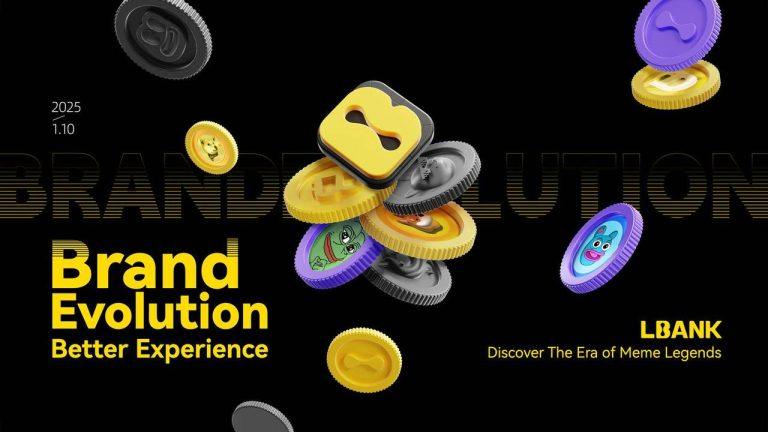
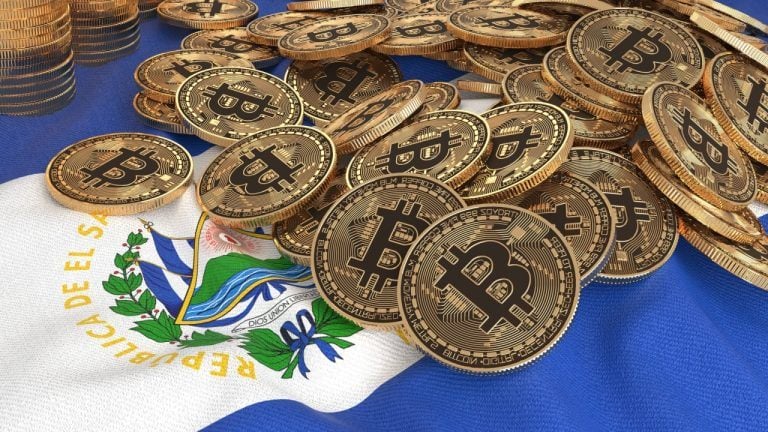






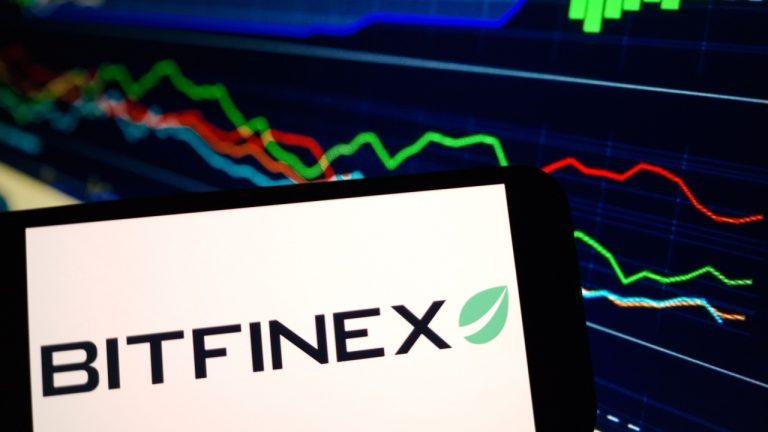


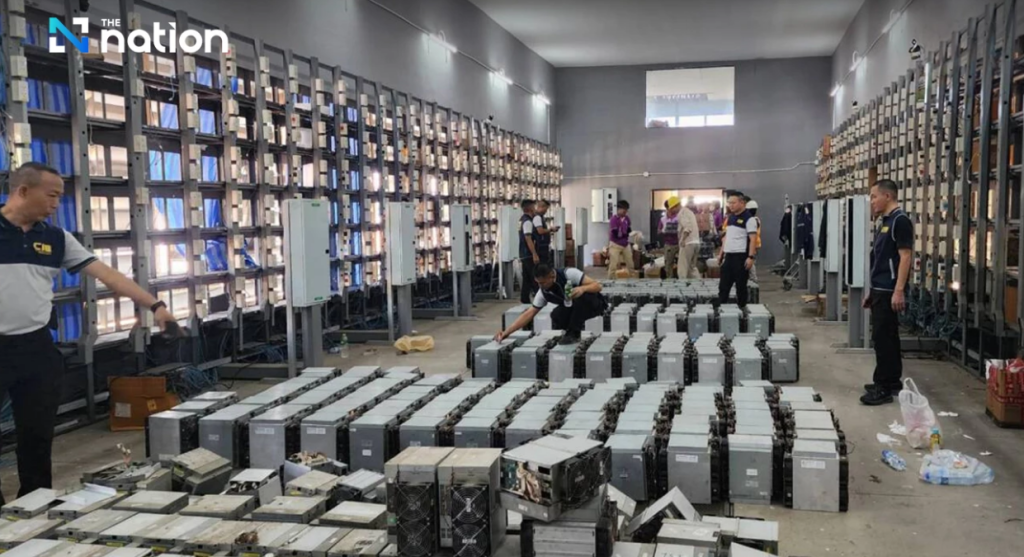



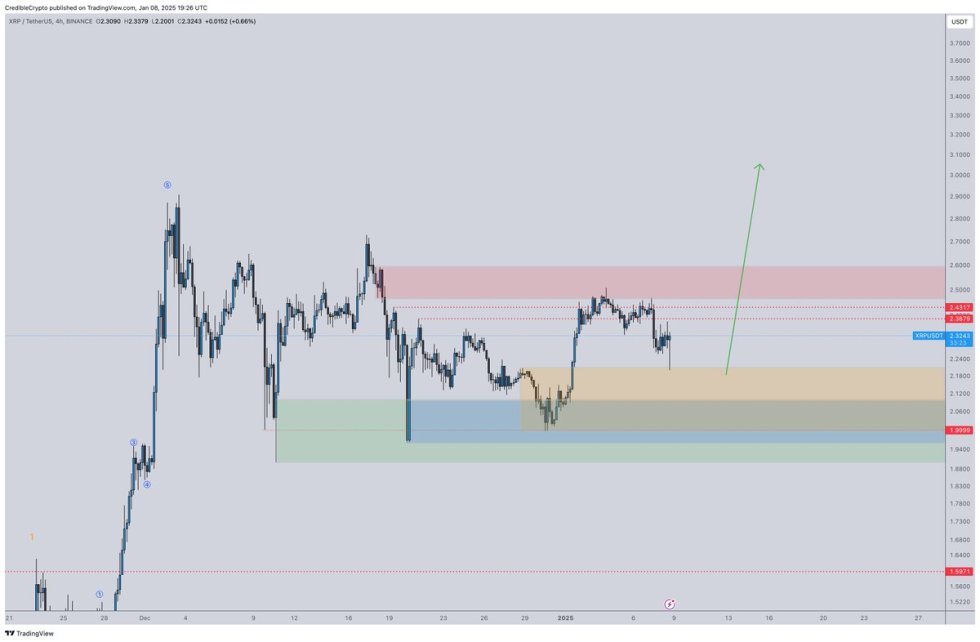




Comments